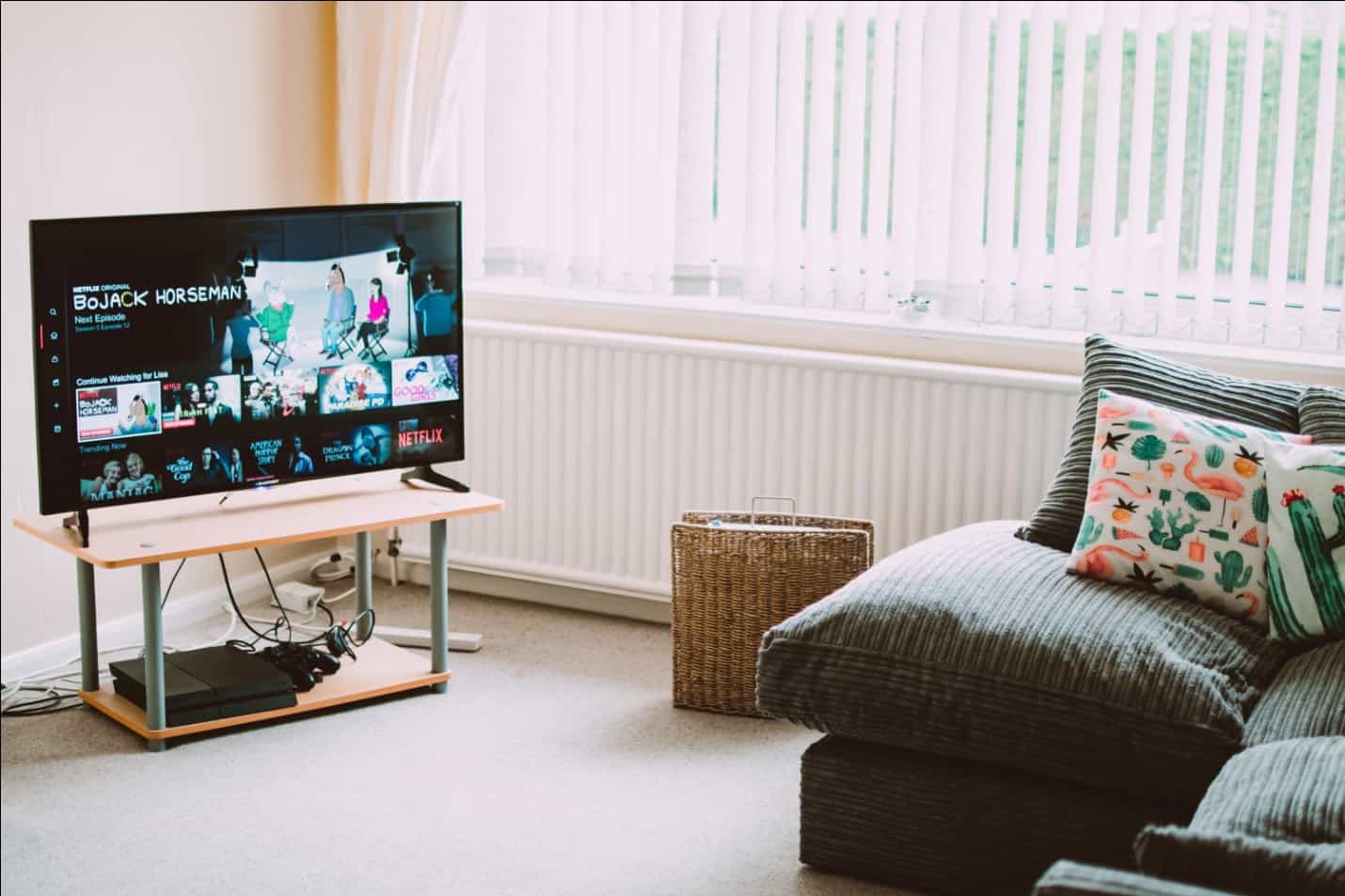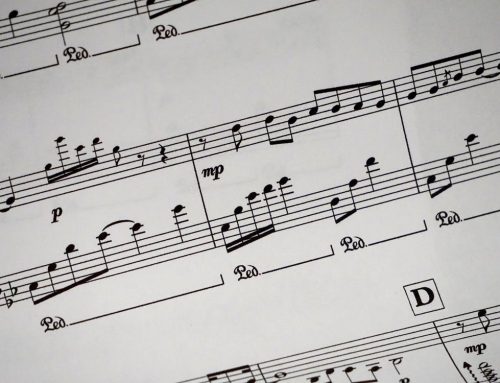Have you ever listened to music on a TV show and thought that you could also make something like that? With the required skill and some advice, perhaps you can. You have to know it’s a little different from general music composition but with the right guidance and tips, your journey can be much easier.
Here are a few tips that’ll help you compose music for TV shows:
Listen first
Before you start working on your music for some show, take time to listen to the music that it already plays. Even though variety can be found, most shows maintain a specific genre or a vibe that they want to associate with the show. You want to pay attention to the structure of the song, its dynamics and instrumentation. Usually, the intros should be short and made interesting by adding and subtracting elements through the cue.
Play to your strengths
It’s a good idea to play the genres that you are best at—there’s a difference between a heartfelt music and one that’s not played with the heart, and experts selecting the music can tell that difference just by listening to it. Needless to say, when you play what you truly enjoy, the outcome turns out to be rather remarkable.
There are always some genres of music that are trending on TV, so make it a point to learn at last one of those genres.
Simplicity is the key
You don’t want the music to interfere with the storyline or the dialogues, so keep it simple. Unless it’s the requirement of the scene, avoid going for very strong drum beats or elements that divert viewer’s attention. Your music is supposed to support the story and draw emotions from them, not switch their focus from the story to the music!
Be consistent, reliable and flexible
It’s a rather cliché advice but keep practicing and soon, music will come to you effortlessly. When you’re consistent about song-writing, things will start to happen on their own—you’ll find the melody, the words, the cues, everything!
If you want projects to keep coming, then be reliable—deliver the project on time and never compromise on the work-quality. And give flexible cues to the publisher—create stems of the mix so that the publisher can sync the music to the scenes in flexible ways. It shows your flexibility as an artist and makes you a preferred choice for their next project.
Reuse old tracks
Most music artists have several unfinished tracks on their computer and if you’re one of them, remember to use those tracks whenever you can. Any unfinished track can not only be used as a cue, it can also be transformed into an entirely new track by working on its tempo, addition of new notes, etc.
To compose your music easily, get yourself music-composing software like Music Jotter. Music Jotter is music notation software that has several features to allow for easy music production. Purchase Music Jotter online, or call us at 0800 – 123 45678.






